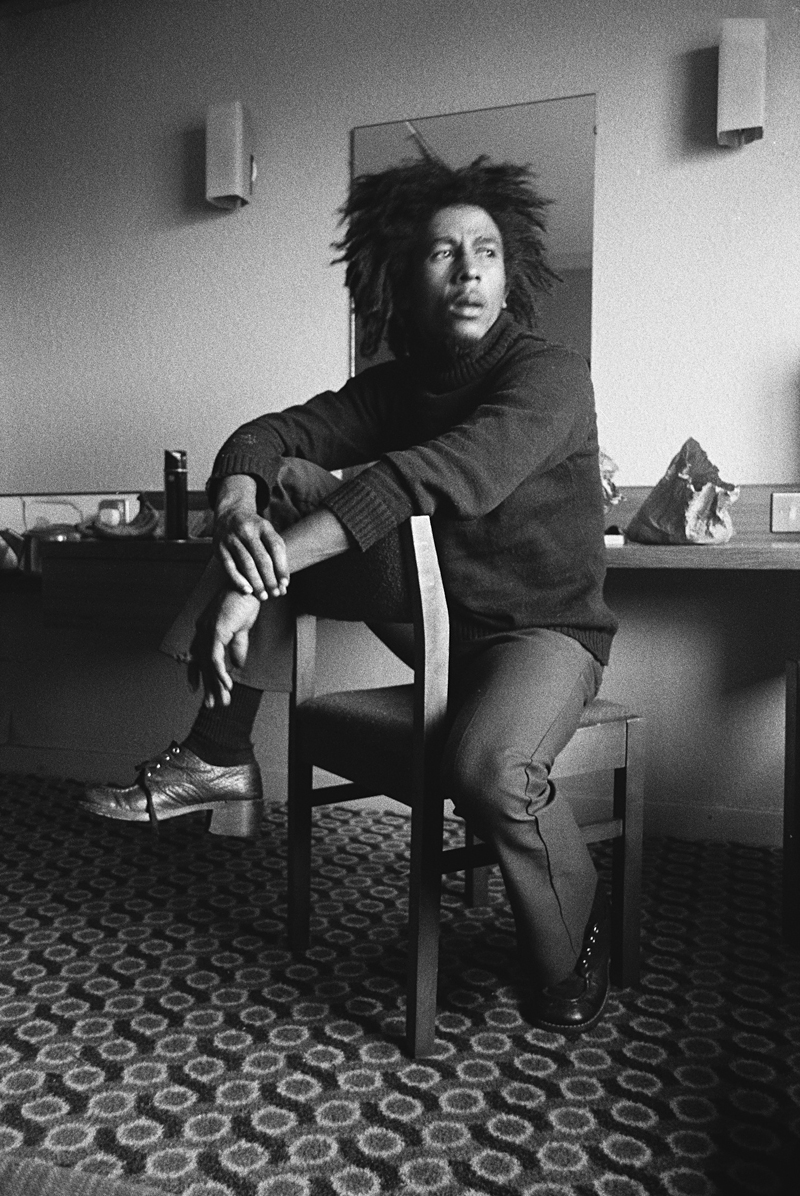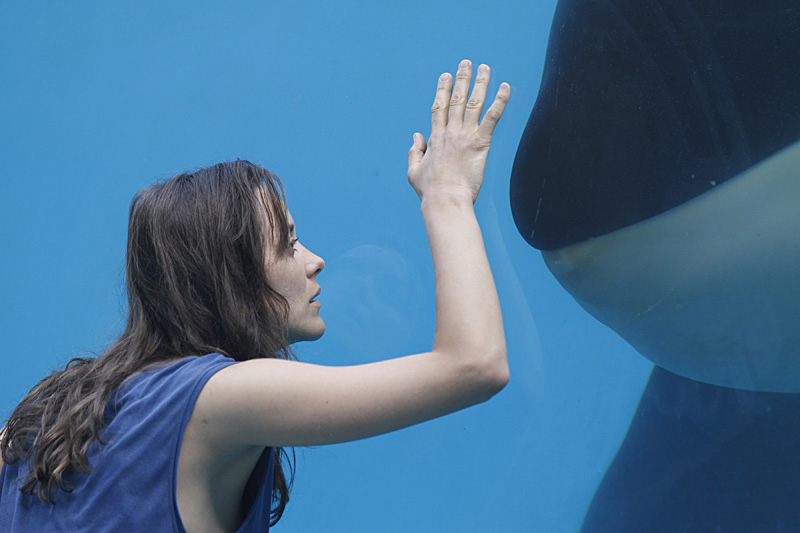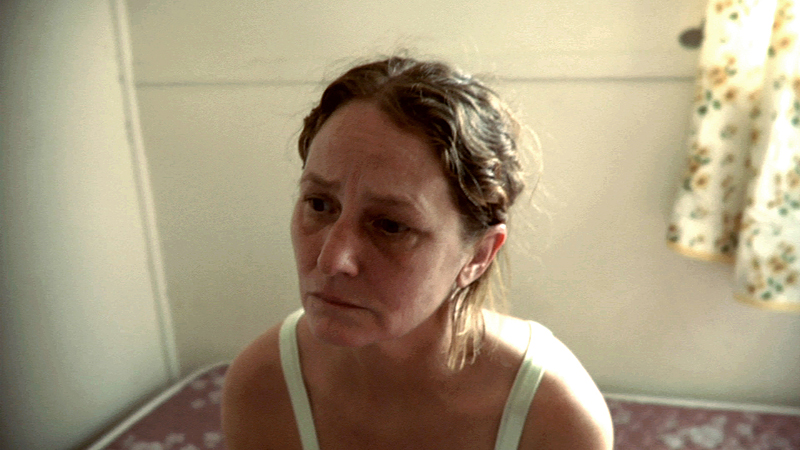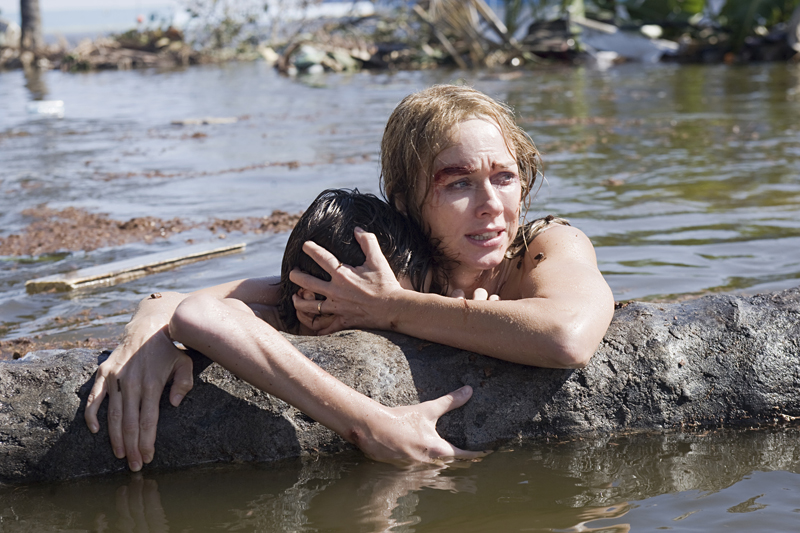Thoroughly researched and packed with phenomenal archival footage, Kevin Macdonald’s documentary on the reggae and Rasta emissary, who died of cancer in 1981 at 36, avoids (until the closing credits) oversimplified one-love-praise-Jah sloganeering. Marley is a rousing tribute to a mesmerizing performer that forgoes blind hero worship. Macdonald interviews 60 people on three different continents, many of whom remain entranced by the singer’s talent and charisma. But a few harbor resentment: Long-reclusive Bunny Wailer, Marley’s bandmate in the Wailers from 1963–74, still bristles when recalling Bob’s willingness to go along with Island Records founder Chris Blackwell’s “exploitative” practices. Others refuse to take the bait. When Rita Marley is asked how she felt about her husband’s infidelities—Bob had 11 children from seven different relationships—she smiles and notes that she had loftier matters to consider. “It was like an evangelical campaign,” she says of touring with her spouse as a member of his all-female backup group. The film’s most fascinating talking head, Rita also has perplexing thoughts on Bob’s biracial makeup. Of the melanoma found on her husband’s toe in 1977, she avows “it was the whiteness in him” that caused it. Whiteness, in a way, did bedevil Marley, who was always puzzled by the lack of black audience members at his sold-out concerts, especially in the U.S. Yet footage of Marley performing reveals the fervor of the “evangelical campaign” Rita remembers. Onstage, Marley is transcendent, enraptured. The mood is mystical, never mellow.
Marley: A Long, Compelling Profile of the Late Reggae Legend








